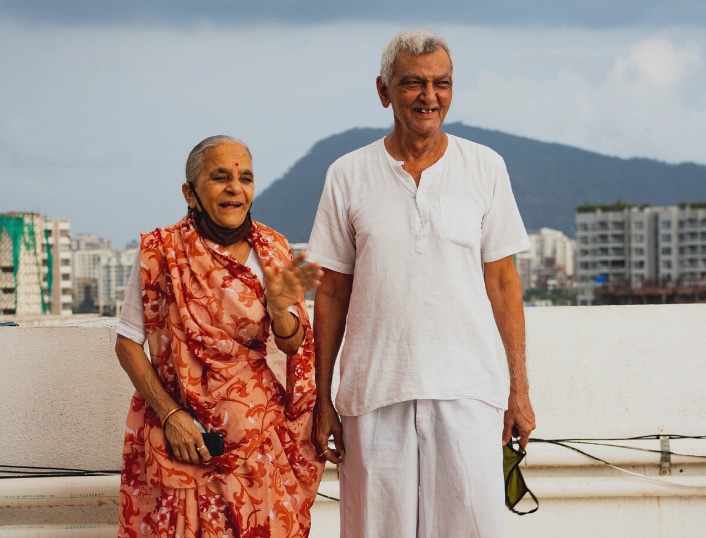As a long-time advocate for the leadership, empowerment and protection of marginalized people in global peace and security issues, I have often reflected on my status as a partner, ally and supporter of this agenda. As a white, straight, older, upper-middle-class American man, I do not have the lived experience of exclusion and prejudice faced on a daily basis by women, people of color, the LGBTQ community, ethnic minorities, displaced persons, people in poverty, and indigenous populations. Thus, my role has always been that of an outsider. Similarly, despite having pressed for disability rights for decades, it was only when I was diagnosed with Parkinson’s disease a few years ago that one of my colleagues said to me with an insider’s tone: “Welcome to the community.”
The special role of partners and allies in such campaigns came to the fore for me in late 2017, when I joined with women and men from diplomatic, defense, academic, and civil society arenas worldwide to form the initiative, “Mobilizing Men as Partners for Women, Peace and Security” (MAWPS), supported by the Denver-based non-profit, Our Secure Future.
Looking out at the failure of male-dominated conflict resolution processes from Afghanistan and South Sudan to Venezuela and Burma, this seemed to be an obvious and straightforward enterprise. It proved to be anything but that. The ways we sought to resolve our differences brought lessons relevant to those navigating similar national security challenges. …
Read more.
Written by Donald Steinberg
FOOTNOTES - Jean-Jacques Rousseau and Charles Irénée Castel de Saint-Pierre, A Project for Perpetual Peace, Printed for J. Johnson and T. Davenport, 1767.
- Kissinger, Henry. 2014. World Order, Penguin Press, New York, 262.

